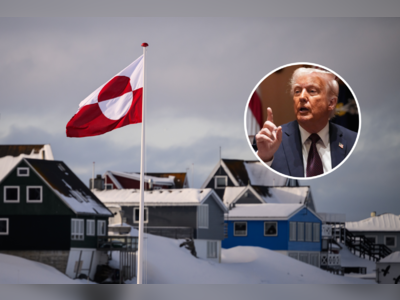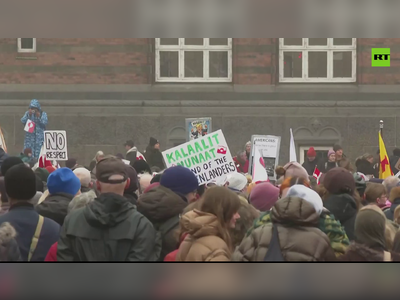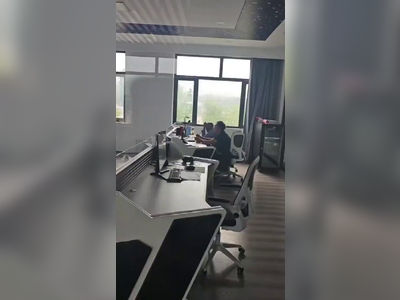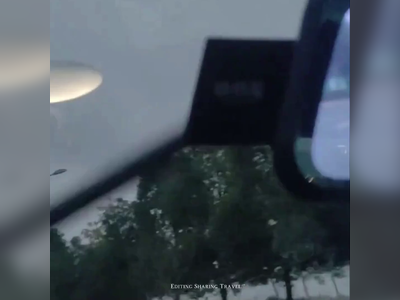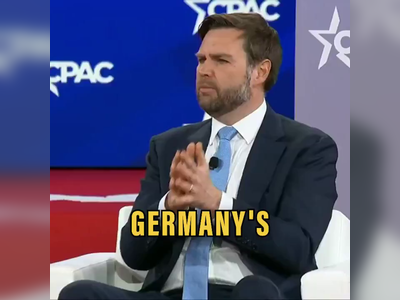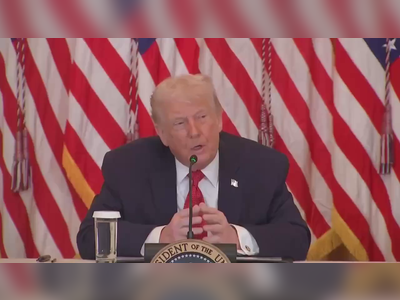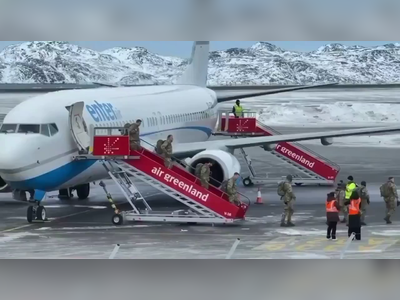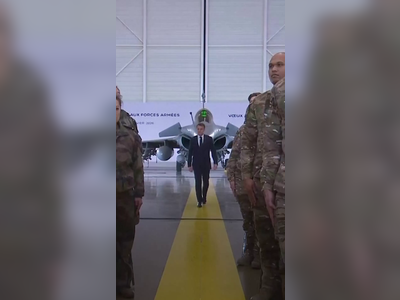Europe's Defence Dilemma: Italy Navigates Rising Military Expenditure Demands
As NATO faces unprecedented challenges, Italy advocates for financial flexibility amid escalating security commitments.
In the frigid landscape of Saariselka, Finland, Europe's political leaders grapple with a looming geopolitical conundrum: the prospect of Donald Trump's return to the White House and its implications for NATO.
With Trump urging European allies to significantly up their military expenditure to five percent of GDP from the current two percent target, Italy finds itself at the center of a debate on redefining fiscal priorities.
Prime Minister Giorgia Meloni, leading the charge among a quartet of nations—Sweden, Finland, Italy, and Greece—seeks to disentangle defense expenditures from the European Union's stringent fiscal frameworks.
This strategic maneuver aims to bolster military investments without exacerbating financial constraints.
Once derogatorily clubbed as part of the 'PIIGS,' Italy is now spearheading efforts to forge a North-South compromise in Europe—amidst a snow-laden summit setting.
The undercurrent of urgency cannot be understated.
As NATO Secretary-General Mark Rutte underscored during meetings in Brussels, the alliance's fortitude hinges on unprecedented European commitment in the face of renewed Russian assertiveness.
Yet, for Italy, an increase in defense spending is a double-edged sword, fraught with domestic political ramifications.
"We must consider the needs of families and businesses," Meloni cautioned, cognizant of Italy's ongoing budgetary deliberations back home.
In Saariselka's snowy conclave, the discussion grapples with more than just numbers.
It entails aligning national defense agendas across a pan-European spectrum, avoiding costly duplications between NATO's demands and the EU's own military programs.
With Sweden and Finland, NATO's newest members, now patrolling the Russian border, the stakes couldn't be higher for both old and new members alike.
Ultimately, the discussions in Finland are part of a broader strategy to brace for a potential new American administration, one that could redefine the transatlantic military pact.
As Meloni treads a delicate path, leveraging her rapport with the Republican leadership in Washington, the outcomes of these talks may chart the course for Europe's defense future.
Yet, as the geopolitical chess game unfolds against the backdrop of the ongoing conflict in Ukraine, it remains to be seen whether Europe's intricate fiscal and defense calculus can accommodate such paradigm shifts.
A glimpse into the evolving diplomatic tapestry may emerge from the upcoming visit of NATO's Rutte to Trump's Florida estate—a meeting that could illuminate the path forward for Europe’s security architecture.
With Trump urging European allies to significantly up their military expenditure to five percent of GDP from the current two percent target, Italy finds itself at the center of a debate on redefining fiscal priorities.
Prime Minister Giorgia Meloni, leading the charge among a quartet of nations—Sweden, Finland, Italy, and Greece—seeks to disentangle defense expenditures from the European Union's stringent fiscal frameworks.
This strategic maneuver aims to bolster military investments without exacerbating financial constraints.
Once derogatorily clubbed as part of the 'PIIGS,' Italy is now spearheading efforts to forge a North-South compromise in Europe—amidst a snow-laden summit setting.
The undercurrent of urgency cannot be understated.
As NATO Secretary-General Mark Rutte underscored during meetings in Brussels, the alliance's fortitude hinges on unprecedented European commitment in the face of renewed Russian assertiveness.
Yet, for Italy, an increase in defense spending is a double-edged sword, fraught with domestic political ramifications.
"We must consider the needs of families and businesses," Meloni cautioned, cognizant of Italy's ongoing budgetary deliberations back home.
In Saariselka's snowy conclave, the discussion grapples with more than just numbers.
It entails aligning national defense agendas across a pan-European spectrum, avoiding costly duplications between NATO's demands and the EU's own military programs.
With Sweden and Finland, NATO's newest members, now patrolling the Russian border, the stakes couldn't be higher for both old and new members alike.
Ultimately, the discussions in Finland are part of a broader strategy to brace for a potential new American administration, one that could redefine the transatlantic military pact.
As Meloni treads a delicate path, leveraging her rapport with the Republican leadership in Washington, the outcomes of these talks may chart the course for Europe's defense future.
Yet, as the geopolitical chess game unfolds against the backdrop of the ongoing conflict in Ukraine, it remains to be seen whether Europe's intricate fiscal and defense calculus can accommodate such paradigm shifts.
A glimpse into the evolving diplomatic tapestry may emerge from the upcoming visit of NATO's Rutte to Trump's Florida estate—a meeting that could illuminate the path forward for Europe’s security architecture.
Translation:
Translated by AI
AI Disclaimer: An advanced artificial intelligence (AI) system generated the content of this page on its own. This innovative technology conducts extensive research from a variety of reliable sources, performs rigorous fact-checking and verification, cleans up and balances biased or manipulated content, and presents a minimal factual summary that is just enough yet essential for you to function as an informed and educated citizen. Please keep in mind, however, that this system is an evolving technology, and as a result, the article may contain accidental inaccuracies or errors. We urge you to help us improve our site by reporting any inaccuracies you find using the "Contact Us" link at the bottom of this page. Your helpful feedback helps us improve our system and deliver more precise content. When you find an article of interest here, please look for the full and extensive coverage of this topic in traditional news sources, as they are written by professional journalists that we try to support, not replace. We appreciate your understanding and assistance.
